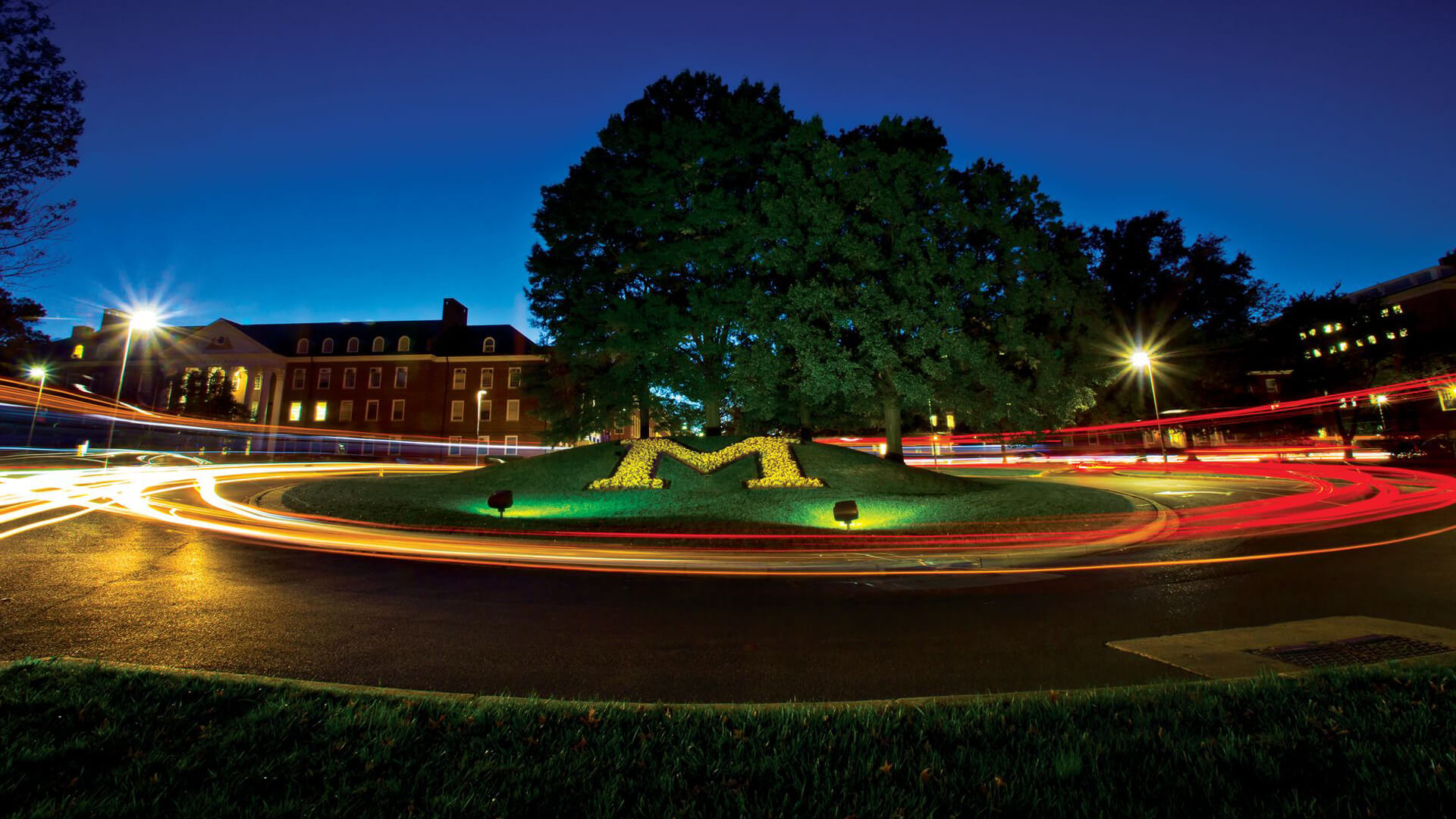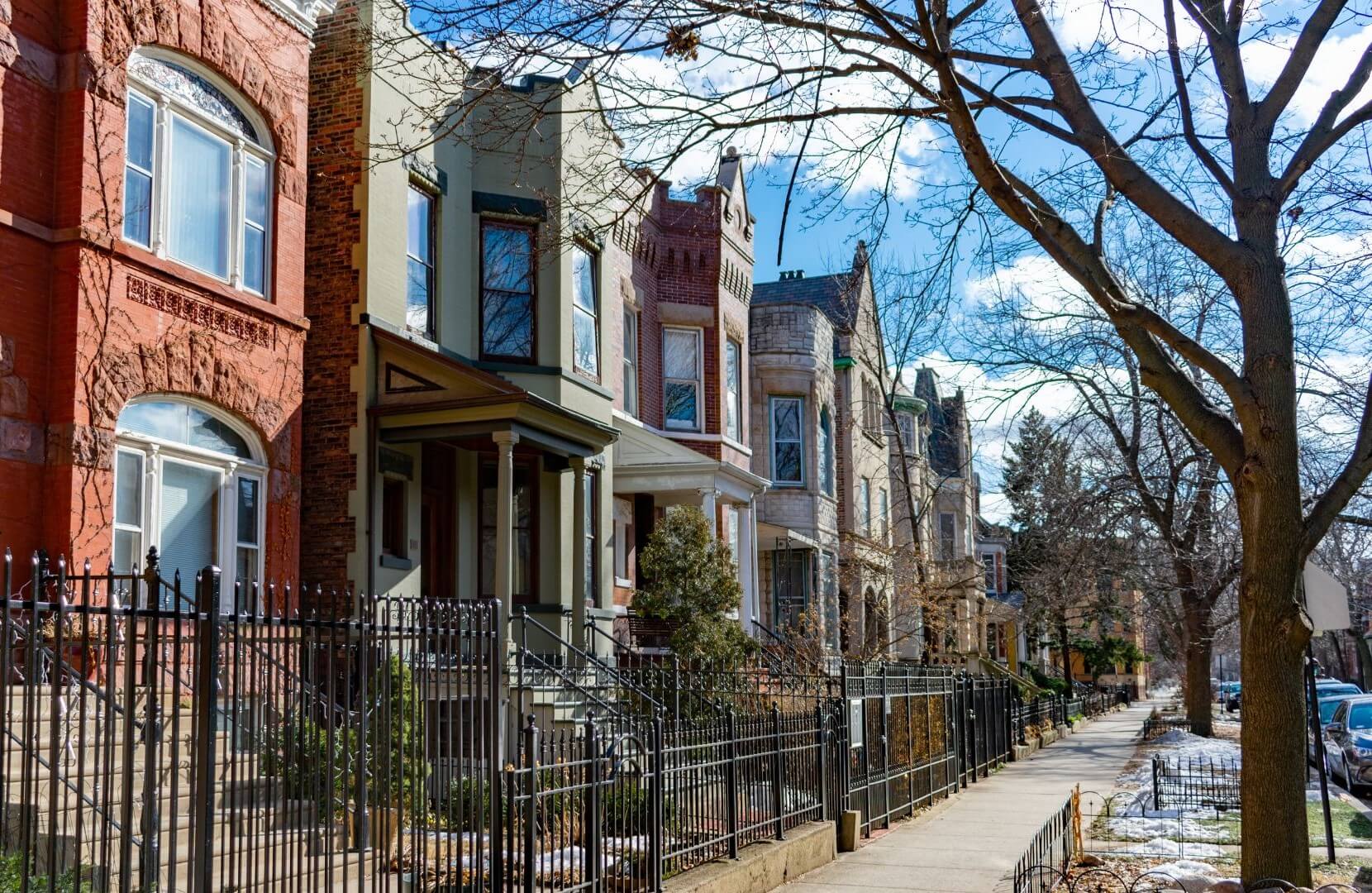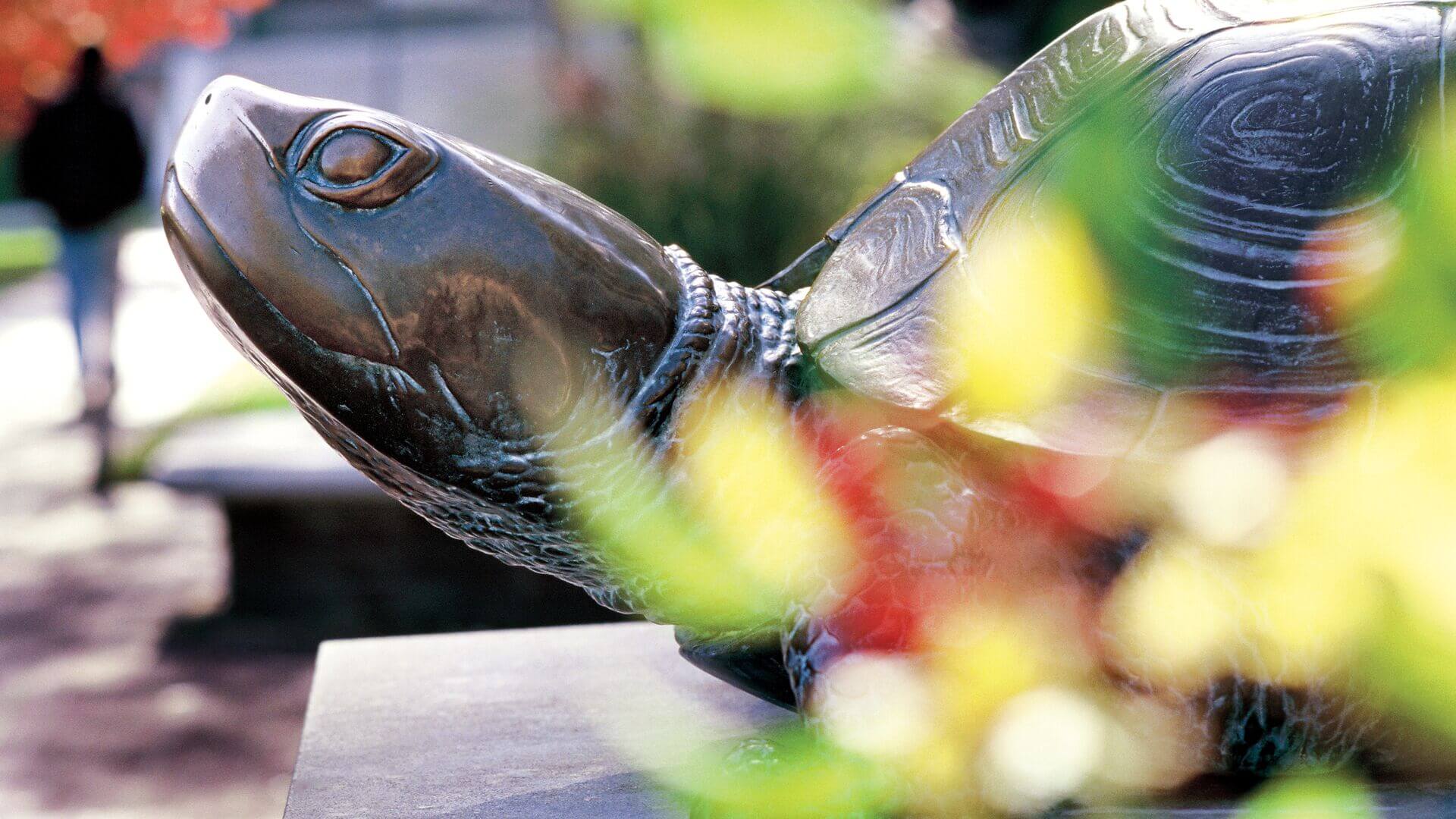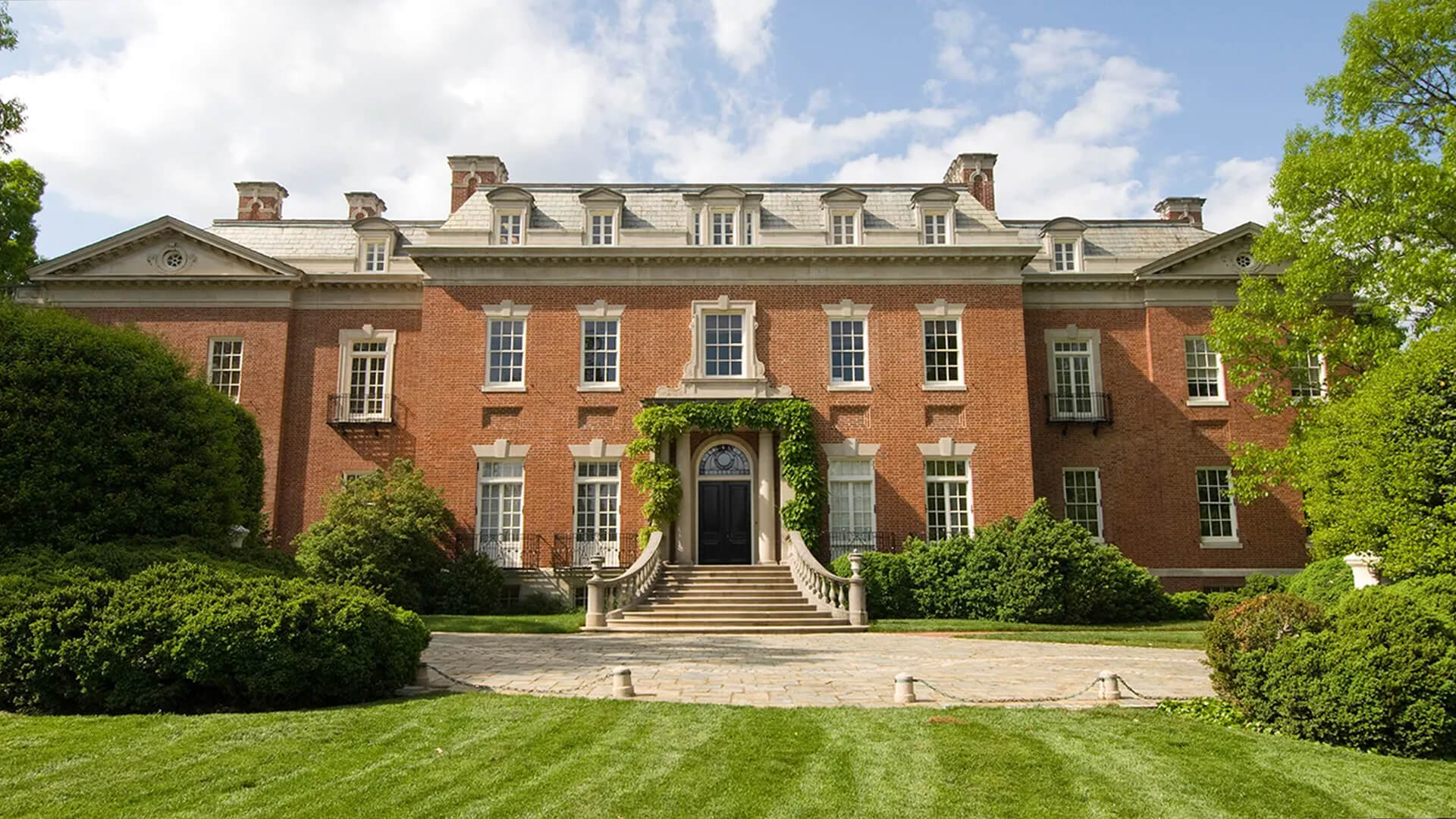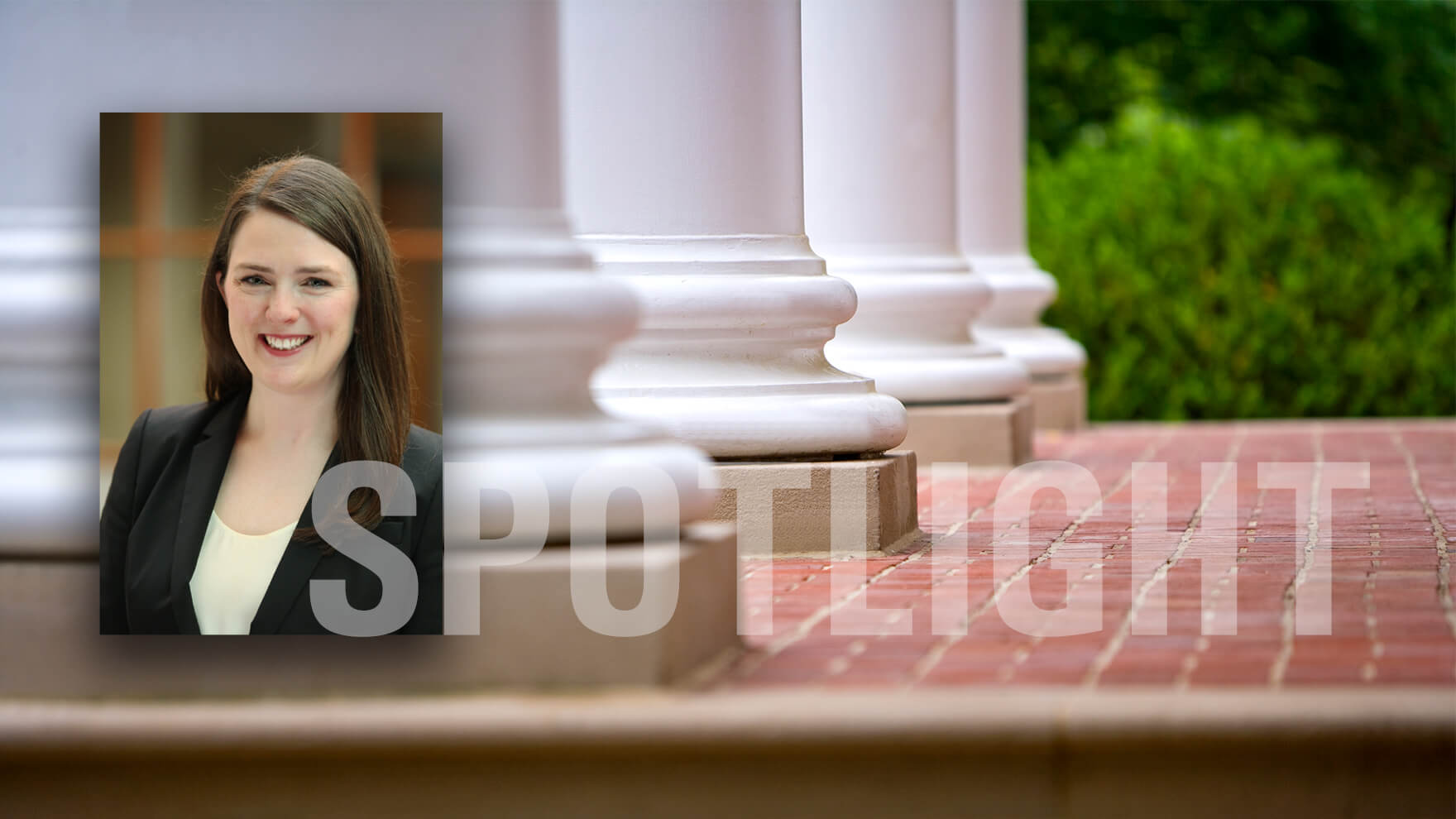Claire Dunning is an associate professor in the School of Public Policy at the University of Maryland, College Park, where she is an affiliated faculty member in the Do Good Institute and the History Department.
Dunning is a historian of the United States in the 20th century, focusing on the histories of poverty, inequality, governance, and nonprofit organizations in American cities. Her work has been published in the Journal of Urban History, Enterprise & Society, and Nonprofit and Voluntary Sector Quarterly, as well as the Washington Post. She is the author of Nonprofit Neighborhoods: An Urban History of Inequality and the American State (University of Chicago Press, 2022). The book analyzes efforts by policymakers, philanthropists, grassroots activists, and nonprofit executives to reduce poverty in American cities, and considers the local consequences of pursuing a public good through private organizations. Her next book project centers on philanthropic support for fair housing after 1968. Dunning holds a PhD in history from Harvard University and an AB in history and public policy from Dartmouth College. She was a Postdoctoral Fellow at Stanford University’s Center on Philanthropy and Civil Society, and previously worked at a community foundation.
New publication: Nonprofit Neighborhoods: An Urban History of Inequality and the American State (University of Chicago Press, 2022).
- U.S. history; nonprofit organizations & philanthropy; social policy, urban policy; democracy
Through discussions of contemporary trends, challenges and issues, this course provides an introduction to the nonprofit and NGO sectors, social innovation, and the leadership and management skills required to achieve social impact. The course will explore the history, theories, and roles of philanthropy, the nonprofit sector, and social innovation in societies and cultures. Students will be able to demonstrate an understanding of the process and principles of social entrepreneurship and social innovation. Additionally, the course will introduce students to topics in leadership, social innovation, resource development, community mobilization through networks, the role of policy-making in creating change, project management, and overall strategies for achieving social impact. The course will include mini hands-on learning experiences that allow them to apply key learning outcomes.
Schedule of Classes
An integrative course that allows policy students to explore the complexities of the policy-making process from the perspective of specific policy topics. They will learn about and discuss subject- based issues in a seminar format led by faculty and policy experts. Site visits to federal agencies, guest speakers, and round table sessions ensure that students receive a variety of real-world perspectives on their chosen policy area. Restricted to students who have earned a minimum of 90 credits.
Schedule of Classes
Understanding how groups and individuals develop and coexist in society is an essential part of public policy. Using the classroom as a laboratory, students will explore identity development and how the intersections of race, class, gender, sexual orientation, and other identities shape perceptions that inform decision-making and policy development. From historical scholars to current day movement leaders, this course equips students with tools necessary to critically analyze pluralism, power, and identity; and the skills needed to shape meaningful and equitable public policy and working and civic environments for all.
Schedule of Classes
School Authors: Claire Dunning
School Authors: Claire Dunning
School Authors: Claire Dunning
School Authors: Claire Dunning
School Authors: Claire Dunning
School Authors: Claire Dunning
School Authors: Claire Dunning
School Authors: Claire Dunning
School Authors: Claire Dunning
School Authors: Claire Dunning
Other Authors: Claire Dunning
School Authors: Claire Dunning
